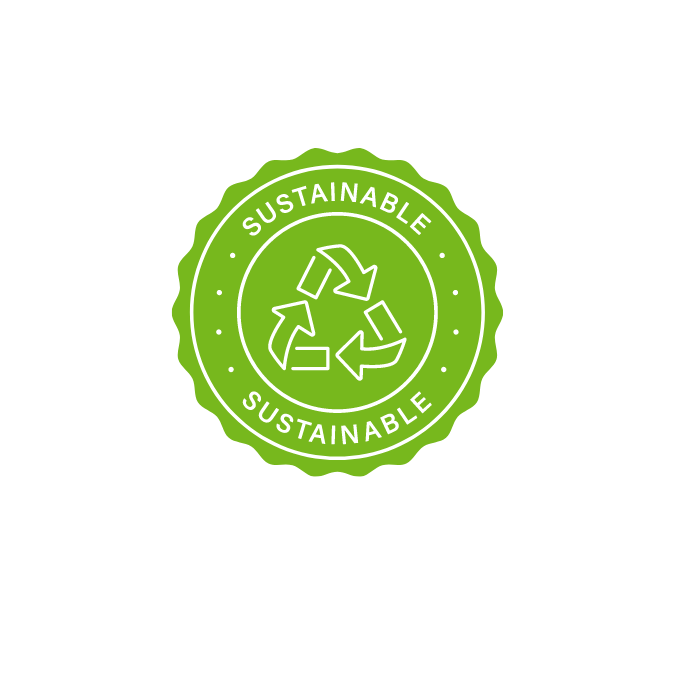Did you know that? Sustainable on-demand production

The idea of only producing goods and products when they are ordered by customers is a concept known as "on-demand production" or "just-in-time production". It has the potential to encourage more sustainable production practices. Here are some aspects to consider:
-
Reducing Overproduction: Manufacturing to order avoids companies producing large quantities of goods that may not sell. This leads to a reduction in overproduction, which in turn reduces the amount of resources and energy expended in crafting and storing unsold goods.
-
Reducing Waste: Manufacturing to order also reduces the amount of unsold or unused product that ends up being disposed of as waste. This can help reduce the environmental impact of waste disposal.
-
Flexibility in product design: Production to order enables companies to be more flexible in responding to individual customer requirements. Products can be customized to meet customers' specific requirements and preferences. This can result in higher customer satisfaction and reduce the likelihood of products being left unused or returned.
-
Transport optimization: Transport routes can also be optimized through production to order. Instead of shipping large quantities of products to different warehouse locations, goods can be shipped directly from manufacturing sites to customers. This can lead to a reduction in transport costs and emissions.
However, it is important to note that implementing made-to-order production can also present challenges. These include longer delivery times as products are only manufactured after the order is placed, and the need for efficient communication and coordination between customers and manufacturers to ensure the right products are delivered at the right time.




